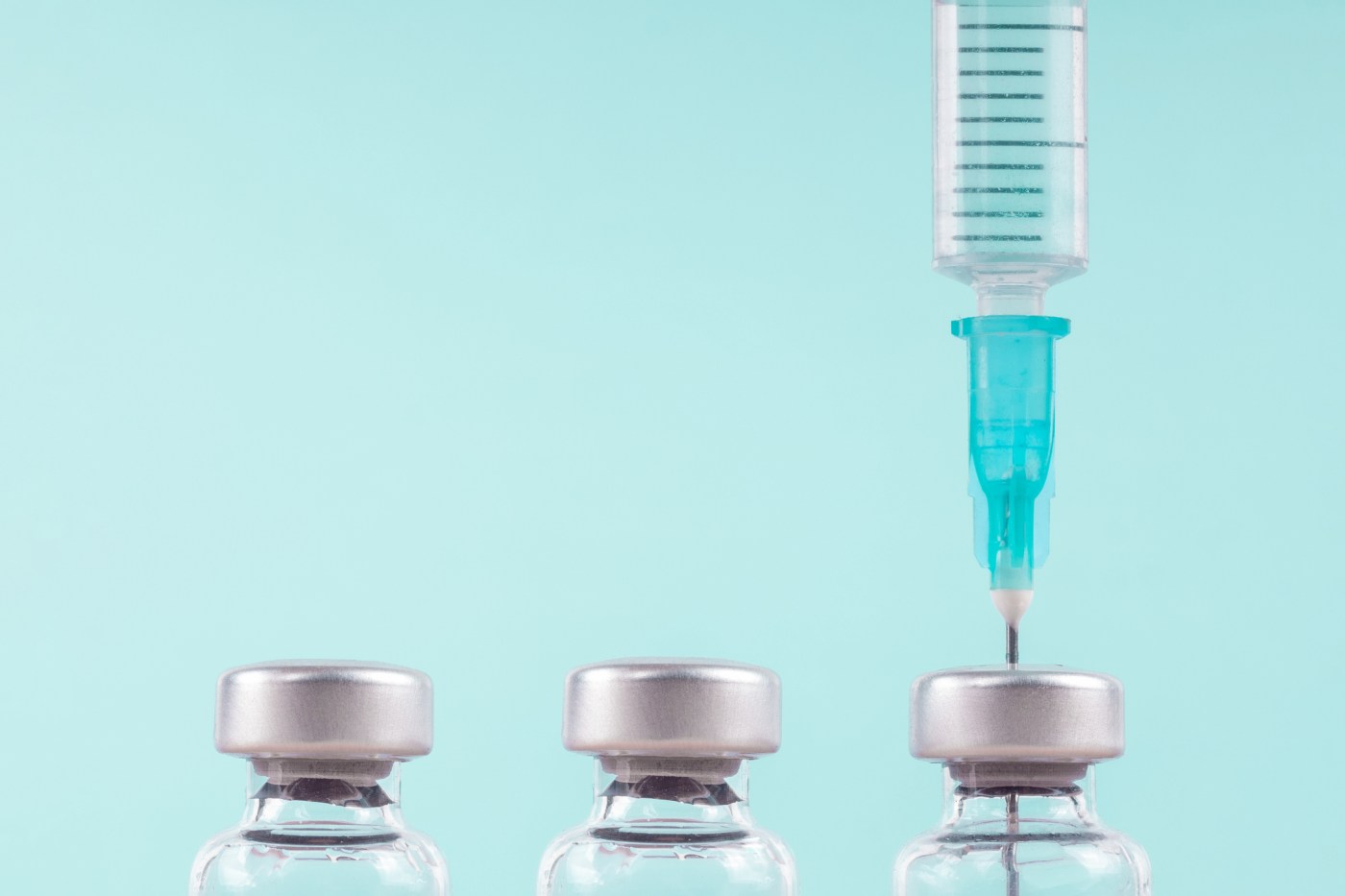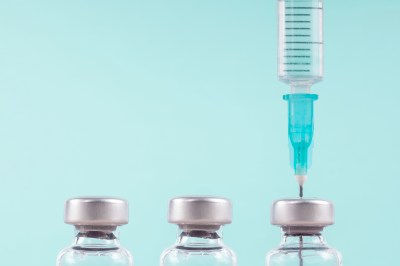An image widely shared across social media makes several misleading and outright inaccurate claims about public health agencies, the funding those agencies receive, and the pharmaceutical industry.
The posts make three specific claims:
- “The FDA receives 45 percent of its annual budget from the pharmaceutical industry.”
- “The World Health Organization gets roughly 50 percent of its budget from private sources, including Bill Gates and Big Pharma.”
- “The CDC is a vaccine company; it owns 56 vaccines patents and buys and distributes $4.6 billion in vaccines annually through the Vaccines for Children program.”
“That’s not ‘science,’” the post adds. “That’s business.”
The first claim—that the Food and Drug Administration derives 45 percent of its budget from the pharmaceutical industry—is true, but missing important context. The FDA’s annual “At a Glance” report, issued in January 2024, disclosed that user fees made up 47 percent of the agency’s $6.7 billion budget in 2023. The FDA may charge user fees to pharmaceutical companies, such as when a company applies for FDA approval or review of a product. The user fees are authorized by Congress, and Congress determines the FDA’s budget. The FDA also charges user fees to companies outside the pharmaceutical industry, such as tobacco producers.
The second claim—that the World Health Organization, a global health agency of the United Nations, receives about half its funding from Bill Gates and “Big Pharma”—is completely false. “Contributions to WHO come largely from public funds. In both assessed and voluntary funding, [U.N.] Member States contribute directly nearly 60 percent of the programme budget, and another 14 percent comes from other organizations in the United Nations system,” the WHO states on its website. “Nearly 10 percent of WHO’s funds come from philanthropic foundations, predominantly the Bill & Melinda Gates Foundation.”
According to the organization’s 2023 financial statements, the Bill and Melinda Gates Foundation donated the most of any non-state contributor that year—a total of $356 million. The next largest non-state WHO contributor in 2023 was Gavi, the Vaccine Alliance—a public-private partnership that promotes immunization efforts—which gave a total of $260 million. The Bill and Melinda Gates Foundation donation accounted for 10.7 percent of WHO’s financing, while Gavi contributed 7.8 percent.
The third claim—that the Centers for Disease Control and Prevention is a “vaccine company” that owns 56 vaccine patents and distributes $4.6 billion in vaccines annually—is misleading and missing context. The CDC is a federal agency within the Department of Health and Human Services, and it is permitted to own or jointly own patent licenses for vaccines the agency helps develop. When the CDC researchers partner and collaborate with private companies and academic institutions for vaccine research and development, the CDC will often be listed on the patent as an assignee.
“Yes, CDC does hold patents relating to vaccines,” Nicholas Spinelli, a public affairs specialist at the CDC, told the Dispatch Fact Check. In fact, the CDC is an assignee on 206 patent technologies—and on 84 vaccine patent technologies, according to the U.S. National Institutes for Health, the CDC’s parent agency.
The CDC does distribute vaccines through its Vaccines for Children program (VFC), but the agency purchases the vaccines at a discounted price and provides them to health-care providers to distribute to children. It is unclear where the $4.6 billion figure mentioned in the social media posts derives from. The Congressional Research Service—a nonpartisan research agency in the federal government—estimated that the VFC budget was $7.213 billion in fiscal year 2024. Importantly, the VFC budget is not devoted entirely to vaccine spending, but also contributes to state and local vaccine administration programs, as well as employee payroll expenses.
If you have a claim you would like to see us fact check, please send us an email at factcheck@thedispatch.com. If you would like to suggest a correction to this piece or any other Dispatch article, please email corrections@thedispatch.com.







Please note that we at The Dispatch hold ourselves, our work, and our commenters to a higher standard than other places on the internet. We welcome comments that foster genuine debate or discussion—including comments critical of us or our work—but responses that include ad hominem attacks on fellow Dispatch members or are intended to stoke fear and anger may be moderated.
With your membership, you only have the ability to comment on The Morning Dispatch articles. Consider upgrading to join the conversation everywhere.